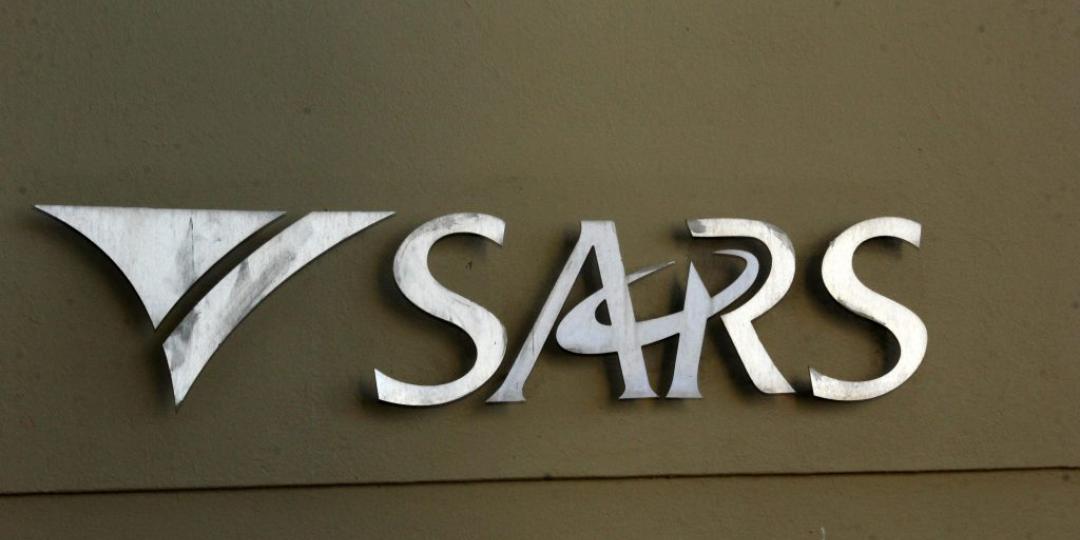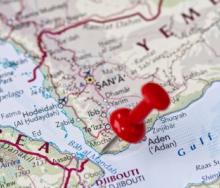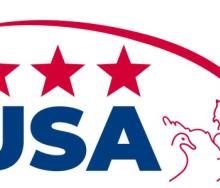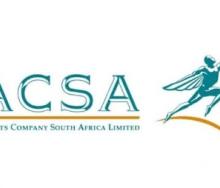The South African Revenue Service (Sars) has participated in two multilateral meetings to cement international tax cooperation in Africa and among the Brics [Brazil, Russia, India, China and South Africa] countries.
In line with its strategic objectives of working with stakeholders and building public confidence and trust, Sars said it had been progressively working to rebuild its international partnerships with key organisations.
These include the Organisation for Economic Co-operation and Development, Global Forum on Tax Transparency, African Tax Administration Forum (Ataf), World Customs Organization, Southern African Development Community (SADC), Southern African Customs Union, United Nations, and the International Monetary Fund, as well as bilaterally with other tax and customs administrations.
Sars said it actively participated and contributed constructively in these fora.
The first meeting was the hybrid 7th Annual General Assembly of the Ataf in Lagos, Nigeria last week. This was followed by the virtual meetings of Brics, hosted by the State Taxation Administration (STA) of China as the current Brics chair. This comprised Brics tax experts and heads of tax authorities on November 2-3.
During the Ataf event, Togo and South Africa were re-elected as chair and vice chair of Ataf, respectively.
Under the theme, ‘Rethinking Revenue Strategies: The Human Face of Taxation' a hybrid event attracted more than 500 attendees representing 33 tax administrations and 15 partner organisations.
“The meeting discussed various tax-related issues, from the importance of domestic resource mobilisation to development financing, technology and human capital, the ‘Two-Pillar Solution’ aimed at addressing the tax challenges arising from the digitalisation of the economy, reforms to enhance fiscal resource mobilisation, the maximisation of natural resource rents, as well as curbing illicit financial flows,” said Sars.
Another highlight of the meeting was the launch of the Handbook on the Future of Resources Taxation.
Ten ideas are put forward in this handbook on how the current system of mining taxation can be improved and resource-rich countries can maximise returns from mineral wealth.
Commissioner Edward Kieswetter set the scene during his presentation on the subject of ‘Tax and Technology – Human Centred Socially Responsible Automation’. In his address, he highlighted the progress made in building a "smart, modern Sars".
He further emphasised the importance of humanisation and reminded the audience that "the smarts that we employ in our tax administrations, the technology and data that we deploy, is ultimately about people".
The highlight of the ‘Heads of Tax Authorities’ meeting was the endorsement to launch the first issue of the ‘Brics Tax Best Practices’ compilation, a collection of insightful administration case studies from Brics tax authorities.
South Africa will assume the chairmanship of Brics at the beginning of 2023 and will subsequently host the Brics tax meetings in 2023.
“International cooperation is crucial in enabling Sars to deliver on its mandate. Working with and through stakeholders to improve the tax system is implicit in our strategic direction.
"We endeavour to have effective and beneficial partnerships with all stakeholders, both local and international, in the tax ecosystem that deliver maximum benefits for the taxpayers and traders, government and the public. We leverage each other’s strengths to resolve tax administration challenges and improve voluntary tax compliance,” said Kieswetter. – SAnews.gov.za













